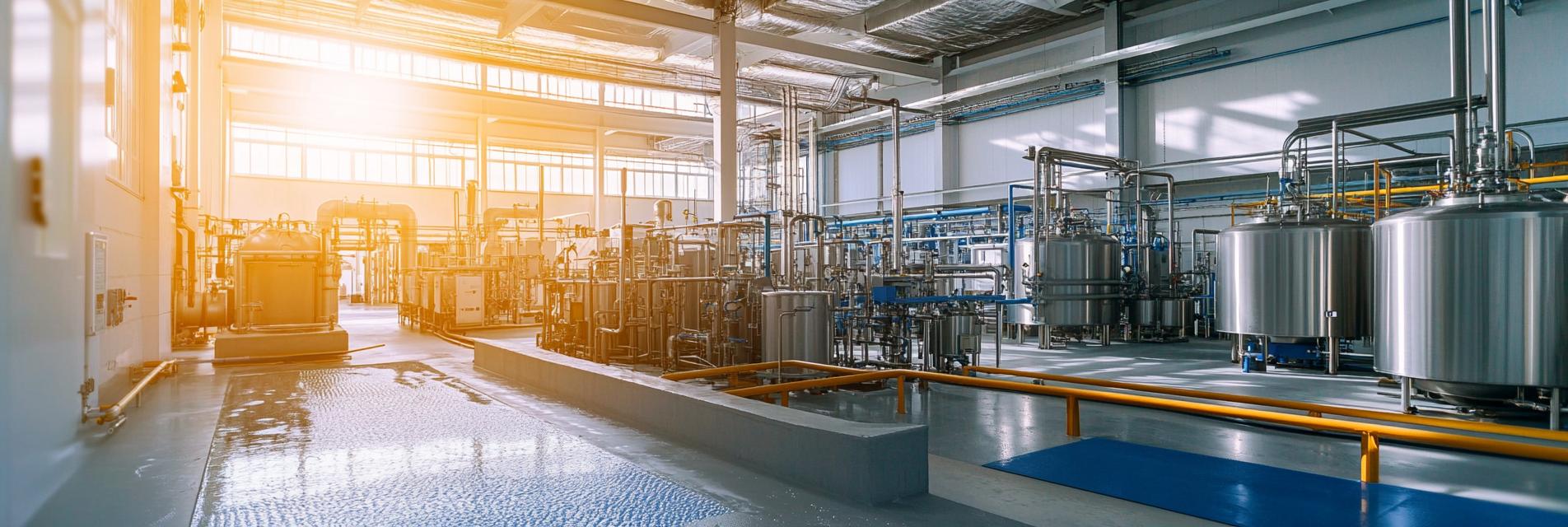Welcome to the fascinating world of the fermentation industry, where microbes do all the heavy lifting! 🦠 However, with great power (and great fermentation) comes great responsibility—especially when it comes to managing our wastewater. In this article, we’ll dive into the critical risks associated with wastewater treatment in the fermentation industry, and I promise to sprinkle in a bit of humor to keep you engaged!
Wastewater treatment is akin to giving your fermented product the royal treatment before it hits the environment. It's crucial not only for compliance with regulations but also for maintaining the sustainability of our ecosystems. So, let’s buckle up and take a look at some of the risks we face!
In the fermentation industry, we love our chemicals almost as much as we love our yeast. But beware! Mishandling chemical substances during wastewater treatment can lead to environmental disasters. Proper training for staff and stringent protocols are key to mitigating these risks.
Microbes can be our best friends, but in the wastewater realm, they can also be tricky. Some microorganisms can cause harm if not managed properly. Implementing an effective monitoring system can help keep unwanted microbial guests at bay!
Regulatory compliance isn't just another box to tick; it's a necessity! Understanding local regulations regarding wastewater discharge is paramount in our industry. Non-compliance can lead to hefty fines and reputational harm—yikes!
Now that we’ve discussed the risks, let’s talk solutions! How can we effectively manage these challenges while promoting environmental sustainability? Here's a playbook:
Keep your staff informed and equipped with the knowledge to handle wastewater treatment safely. A well-informed team is your first line of defense against risks!
Investing in state-of-the-art wastewater treatment technologies can spell the difference between a successful operation and environmental disaster. Think of it as investing in a fancy spa treatment for your wastewater!
Join forces with environmental agencies and other industry players. Collaboration can lead to shared resources and innovative solutions that benefit everyone involved.

In conclusion, while the fermentation industry offers exciting prospects, it also presents unique challenges in wastewater treatment. By understanding the risks associated with our practices and implementing effective management strategies, we can ensure that our fermented delights don’t come at the expense of our environment. Here’s to creating a sustainable future—one deliciously fermented product at a time!
